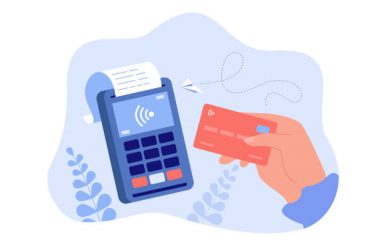Tracking your expenses and following a budget is the most effective way to keep your spending in check. However, if you lack the organizational skills to draw together a budget, here are a few simple tips and tricks to save an extra penny.
1. Track Prices
There are apps and chrome extensions that allow you to track the internet for price drops and discount codes. You can also set price drop alerts on your shopping apps. Avoid purchasing full-priced items and search for a coupon or discount code before you buy.
2. Buffer Purchases
If you have a habit of making impulse purchase decisions, practice giving yourself a buffer period before you make the decision. This could be a day, or a week, before you make a purchase. Remember to retain receipts and clothing tags, so you can return this purchase if you regret it.
3. Reconsider Your Current Energy Plan
While you can’t cut out your electricity and gas usage, you can save on your bills. Use a comparison service to find discounted energy plans in your area. If you are in the market for a new energy plan, check out Origin Energy rates.
4. Pack Your Lunch
Cut down on dining out or buying takeaway and bring a packed lunch to work. Start meal prepping on the weekends to make food for the week. This is a great way to save money and maintain a nutritious diet.
5. Carry a Water Bottle
Carry a water bottle with you. A reusable water bottle will prevent you from buying single-use bottles.
6. Quit Smoking
The price of cigarettes is constantly rising, and smoking has become an expensive habit. Save money and your health and cut down or quit smoking.
7. Pay with Cash
It is easy to lose track of your spending when paying via digital modes or with your credit card. Start paying with cash to gain a better understanding of your spending.
8. Share Subscriptions
Streaming services are a greatway to have access to a broad amount of music, movies, and ebooks, however monthly subscription fees can add up. Rather than buying a subscription for yourself, ask friends or family to share a subscription with you. Spotify, Netflix and Stan offer discounted prices for shared subscriptions.
9. Shop Vintage
Retail therapy can be an expensive way to relax but shopping second-hand is a cheap compromise. Visit charity shops and online second-hand stores to find clothes, shoes, and accessories at discounted prices. This includes furniture and electronics.
10. Free Activities
Transition from dining out, or drinking at a cocktail bar, to activities that do not require spending. Visiting the beach, having a picnic or playing a board game are all cheaper social alternatives.
11. Get a Membership
Get a membership or rewards card from the stores that you make regular purchases from. Woolworths has a rewards card program, and Amazon has a membership deal that offers exclusive discounts to members.
Saving money requires active awareness of your daily spending habits. Implement these small changes and reap the benefits in the future.

